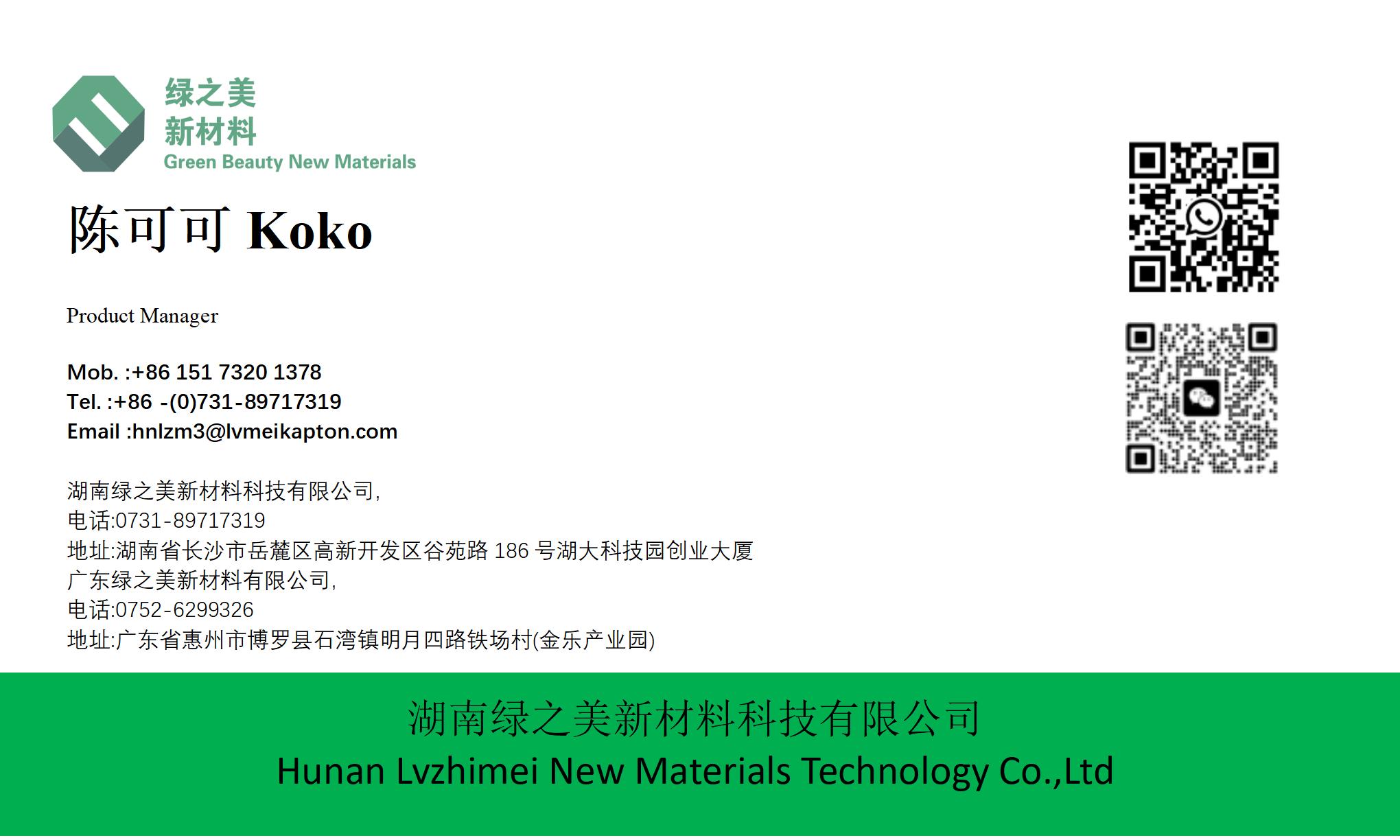Introduction: Selecting the right PI tape for 5G PCB welding requires understanding the relative importance of its properties. This analysis ranks critical attributes and explains their impact on 5G manufacturing success.
Top Prioritized Properties:
#1: Thermal Stability (Rating: ★★★★★)
Why? 5G reflow temperatures exceed 260°C. PI tapes with >300°C resistance prevent melting or carbonization.
#2: Electrical Insulation (★★★★☆)
Relevance: 5G’s GHz frequencies demand tapes with ≤0.001 dielectric loss to avoid signal degradation.
#3: Adhesive Cleanliness (★★★★☆)
Importance: Silicone-based adhesives leave no residue post-removal, unlike acrylic variants that risk short circuits.
#4: Mechanical Strength (★★★☆☆)
Role: Tensile strength >20 kg/25mm ensures tape integrity during handling and thermal cycling.
Decision Matrix:
Application Scenario | Preferred PI Tape Properties |
High-Frequency 5G Modules | Thermal Stability, Low Dielectric Constant |
Automotive 5G Units | Chemical Resistance, Vibration Resistance |
Aerospace 5G Antennas | Radiation Tolerance, Outgassing Compliance |
Advanced Material Innovations: LVMEI’s NanoCoat PI tapes feature a patented surface treatment, reducing adhesive transfer by 60% compared to standard products.
Actionable Recommendation: For mission-critical 5G assemblies, prioritize PI tapes with UL certification and RoHS compliance. Contact LVMEI for material datasheets: [https://www.lvmeikapton.com/datasheets]
